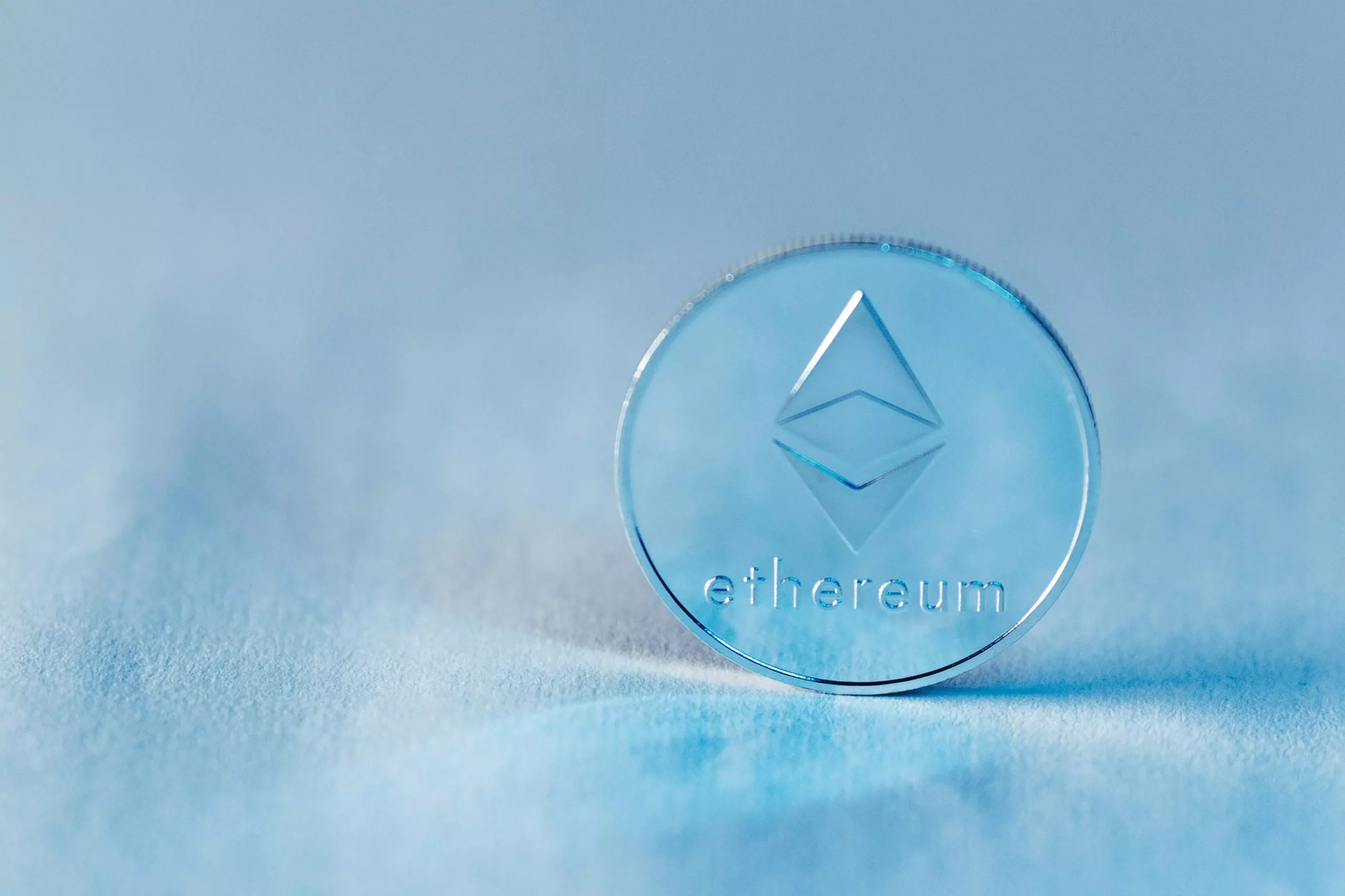The emergence of Ethereum as a leading force in the financial system is undeniable. With its focus on smart contracts and the vision of a transparent, tokenized future, Ethereum advocates are enthusiastic about the potential it holds. Currently, Ether is trading at $3,780, showing a steady increase in both daily and weekly timeframes. However, some experts believe that Ethereum is yet to experience the same level of institutional hype as Bitcoin, despite its significant value.
Robby Greenfield, the co-founder and CEO of Umoja Labs, predicts a surge in institutional interest in Ethereum. He believes that factors such as the upcoming Bitcoin halving and the inflows from Bitcoin ETFs will propel Ethereum to new heights. Greenfield boldly suggests that Ethereum could even surpass the $10,000 mark this year, paving the way for institutional investors to play a key role in driving buying pressure.
While optimism surrounding Ethereum is high, there are regulatory hurdles that the cryptocurrency must navigate. The US Securities and Exchange Commission, under the leadership of Chair Gary Gensler, may take a cautious approach towards approving an Ethereum ETF. This contrasts with the relatively smooth approval process seen for Bitcoin ETFs. Gensler’s hesitance is rooted in past legal battles with Grayscale regarding Bitcoin ETFs.
The SEC is expected to review Ethereum ETF applications from financial giants like BlackRock and Fidelity in May. However, the approval odds for these applications vary, with Polymarket estimating a 43% chance and JPMorgan offering a more optimistic 50% likelihood. JPMorgan highlights the potential impact of the Dencun upgrade on Ethereum’s growth, as it aims to enhance scalability through cost reduction for various rollup solutions.
Unlike Bitcoin, which has a capped token supply of 21 million, Ethereum’s supply is infinite, presenting a distinct characteristic in the crypto landscape. The Dencun upgrade is seen as a positive development for Ethereum supporters, as it paves the way for layer 2 solutions that can transform the blockchain into a settlement layer for diverse digital activities, including gaming, trading, and investing.
While some view the decision on Ethereum ETFs as a crucial turning point, others like Bloomberg ETF analyst Eric Balchunas downplay its significance, referring to it as “small potatoes” in comparison to larger developments in the crypto sphere. It is clear that the future of Ethereum is marked by both regulatory challenges and institutional adoption, with key milestones like the Dencun upgrade shaping its trajectory.
**Disclaimer: This article is for educational purposes only. It does not constitute investment advice, and readers are encouraged to conduct their own research before making investment decisions. Investing in cryptocurrencies carries inherent risks that should be carefully considered.**

